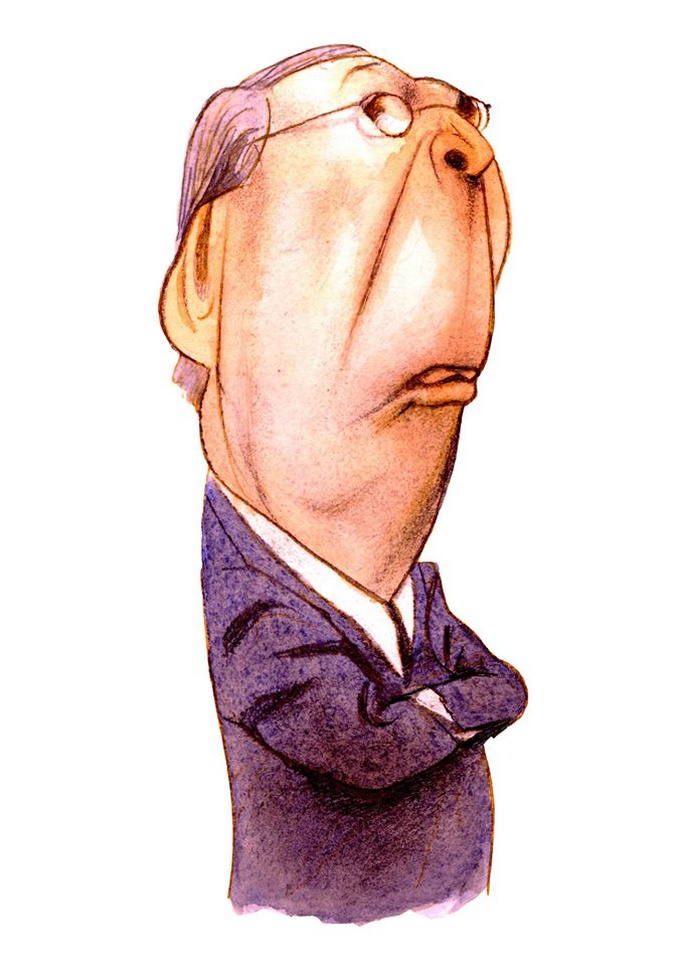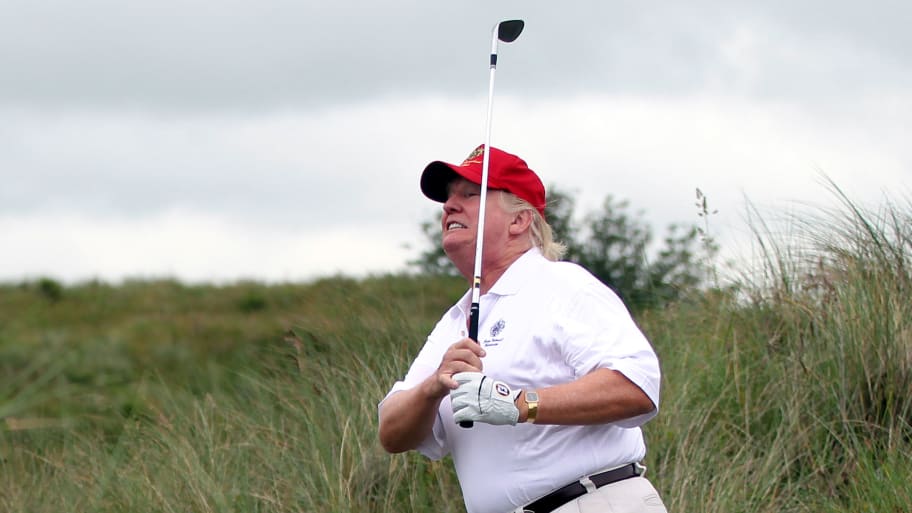Evan Spigelman used to bring home $3,000 to $4,000 a month by juggling multiple theater gigs—from performing live in drag shows, to working behind-the-scenes as a stagehand. In March, when Spigelman was working an electrical gig at St. Ann’s Warehouse in Brooklyn, their income streams all came to a halt as news broke that Broadway was shut down.
“You saw an entire room full of stagehands completely lose their income and completely lose any sense of security that they had,” they recalled. They qualified for just $184 a week in unemployment benefits from New York, which works out to barely $800 per month, not enough to cover their rent. But another $600 from the federal CARES Act kept them afloat.
“This made it possible to live,” said Spigelman. It also meant they could stay in their Brooklyn apartment and not risk exposing themself or others to the coronavirus.

But on Capitol Hill, Senate Majority Leader Mitch McConnel has crafted a different narrative, as Democrats and Republicans fight over whether to restore that $600 a week benefit, which expired at the end of July.
“We should not be taxing somebody who’s been stocking shelves for months so the government can pay her neighbor more than she makes to sit at home,” McConnell said recently. Republicans argue that the payment creates a “disincentive” to work, because some Americans were collecting more money with the federal pandemic unemployment assistance than they earned when they had a job. He and his colleagues have proposed cutting the $600 benefit to $200.
Such language infuriates Spigelman. “There is a shaming going on that's led by Mitch McConnell and all those guys, all those Republicans,” he said, “But it's being picked up everywhere.”
In June, Mark Jaffe, who heads the Greater New York Chamber of Commerce, told Gothamist/WNYC that he and other employers were having a hard time getting low-wage workers to return to their restaurant, retail and office jobs because the unemployment benefit was much higher than their regular pay, and that some workers claimed to be fearful about catching COVID-19, just so they could remain home and collect unemployment.
“They're using every excuse in the book,” he said. “I see my employees are going grocery shopping. I see they're deposited their checks in the bank. They're getting paid too much to sit in home so they have a disincentive to work. Any worker that's making under $30 dollars an hour normally has a disincentive to work in New York State.”
Jaffe’s comments have created a backlash on social media. “Employers wouldn’t have this problem if they paid a living wage,” one person said on Twitter. Another accused the employers of paying “poverty wages.”
The pandemic has not only exposed just how big the gaps are in America’s safety net; with so many millions unemployed, it’s bringing more intense scrutiny to how the government values workers who have been left jobless through no fault of their own.

Maggie Dickinson is a professor at Guttman Community College and author of “Feeding the Crisis,” that looks at the federal food program and how it has come to subsidize low wage labor in the 21st century. She said there is a history in America, tied to race and racism, of shaming some groups for needing government help as getting something from the government for nothing.
“It was largely constructed around this idea of the ‘welfare queen,’ which was kind of coded racial way to build on people's resentments,” said Dickinson.
Dickinson said the problem this viewpoint fails to recognize is that wages are low: the federal minimum wage in the United States has been $7.25 for a decade. “So when people are like, ‘Oh, now people are taking advantage of the system,’ it's like, the system has been failing them for a really long time.”
Dickinson said that during the 1930s, the government had social welfare programs designed to help white mothers who were widowed or divorced. But when Black mothers began to campaign for access, the stigma was added. She also noted that the government excluded African-American workers from social security benefits by denying the aid to excluded sharecroppers and domestic workers, who were largely Black.
Darrick Hamilton, a professor of economics at The New School, said McConnell’s language plays on old racist ideas of the social welfare system “tilting the scale in favor of these individuals that are undeserving.”
“We created caricatures of welfare queens, deadbeat dads and super predators,” he said. Now, with millions of Americans of all backgrounds unemployed, whites who are poor or suddenly unemployed are feeling the stigma too, said Hamilton.
Nationally, the majority of the families receiving unemployment benefits from the government—53 percent—were white, according to a Congressional Budget Report from July. But Hamilton said there is a shift happening that parallels the social justice movement playing out in Black Lives Matter protests, that has seen support from whites, since the killing of George Floyd.
“We have a movement now that is reacting to our gross inequality and gross injustice,” he said. “There's a movement now to push back.”
Hamilton said the halt on the economy in response to the pandemic saved lives, but added that the 33 percent contraction in the economy during the second quarter indicates that more dramatic action should be taken.
He’d like to see Congress provide even more money to keep unemployed workers at home.
“The paramount indicator of our well-being is our health,” he said. “So I think that Congress needs to be even bolder than what they're considering. I think we should take lessons from Europe and have a paycheck guarantee to ensure that not only do workers stay home during this crisis that we keep...small businesses in place as well.”
“Because at the end of the benefits, and no solution in sight. There's a lot of panic about what is going to happen.”
Negotiations ended this week without any resolution, or any intervention from President Trump; this weekend, he’ll be at his golf course in New Jersey.

